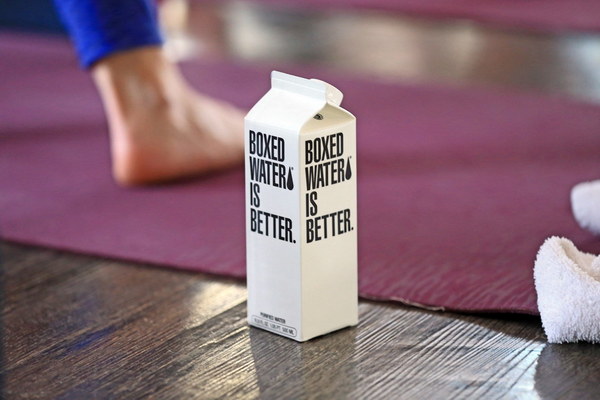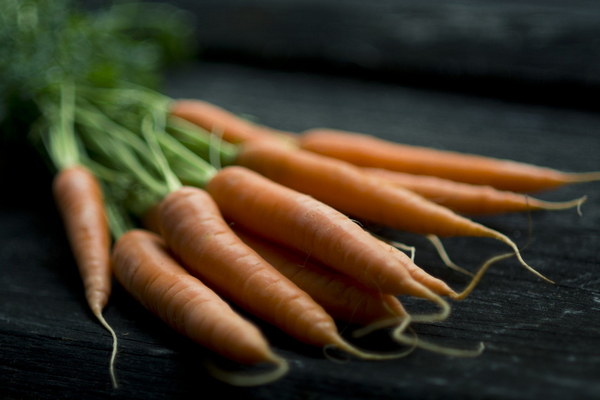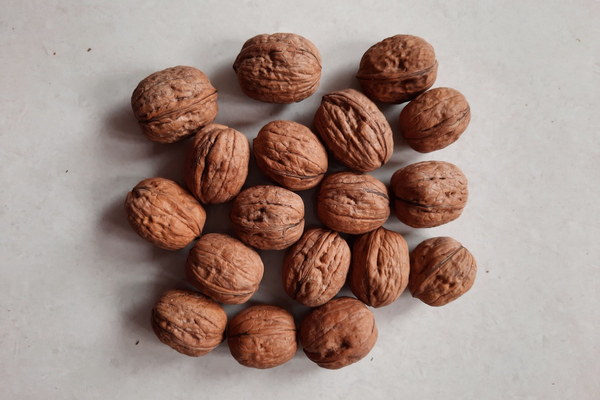Boost Oxygen Levels Naturally The Power of Nutritional Supplements for Low Oxygen Pressure
Introduction:
Oxygen is a vital element for our survival, and its availability in our bodies is crucial for maintaining optimal health. However, low oxygen pressure, also known as hypoxemia, can lead to various health issues. While medical treatment is essential, incorporating certain nutritional supplements into your diet can help boost oxygen levels naturally. This article explores the benefits of various food-based remedies for low oxygen pressure and provides practical tips on how to incorporate them into your daily routine.
1. Importance of Oxygen in the Body:
Oxygen is essential for the proper functioning of our cells, tissues, and organs. It aids in energy production, waste elimination, and immune system support. When oxygen levels are low, our body struggles to perform these functions efficiently, leading to fatigue, weakness, and other health complications.
2. Nutritional Supplements for Low Oxygen Pressure:
2.1. Iron-rich Foods:
Iron is a vital nutrient that plays a crucial role in oxygen transport. Consuming iron-rich foods can help improve oxygen levels in the body. Some excellent sources of iron include lean meats, fish, poultry, beans, lentils, tofu, spinach, and fortified cereals.
2.2. Vitamin C-rich Foods:
Vitamin C enhances iron absorption, making it an essential nutrient for individuals with low oxygen pressure. Citrus fruits, berries, bell peppers, tomatoes, and leafy greens are excellent sources of vitamin C.
2.3. Vitamin B-Complex:

The B-complex vitamins, including B6, B9 (folate), and B12, are essential for red blood cell production and oxygen transport. Foods rich in B-complex vitamins include whole grains, legumes, nuts, seeds, eggs, and dairy products.
2.4. Coenzyme Q10 (CoQ10):
CoQ10 is an antioxidant that helps enhance oxygen utilization in cells. It is naturally produced by the body but can also be obtained from food sources such as organ meats (liver, heart), fish, and nuts.
2.5. Green Tea:
Green tea is rich in antioxidants and has been shown to improve oxygen utilization in the body. Drinking green tea regularly can help boost oxygen levels and reduce the risk of hypoxemia.
3. Practical Tips for Incorporating Nutritional Supplements:
3.1. Balance Your Diet:
Ensure that your diet includes a variety of nutrient-rich foods to support oxygen production and transport. Aim for a well-balanced diet that includes fruits, vegetables, whole grains, lean proteins, and healthy fats.
3.2. Stay Hydrated:
Proper hydration is essential for maintaining healthy oxygen levels. Drink plenty of water throughout the day to support oxygen transport in your body.
3.3. Limit Alcohol and Caffeine:
Excessive alcohol and caffeine consumption can deplete your body's iron stores and hinder oxygen transport. Limit these substances to prevent further depletion of essential nutrients.
3.4. Exercise Regularly:
Regular exercise improves oxygen utilization in the body and enhances overall health. Engage in moderate to vigorous physical activity for at least 30 minutes per day.
4. Conclusion:
Low oxygen pressure can have serious health consequences, but incorporating certain nutritional supplements into your diet can help boost oxygen levels naturally. By focusing on iron-rich foods, vitamin C, B-complex vitamins, CoQ10, and green tea, you can support your body's ability to transport and utilize oxygen efficiently. Remember to maintain a balanced diet, stay hydrated, limit alcohol and caffeine consumption, and exercise regularly to optimize your oxygen levels and overall health.









